On this day: 20th anniversary of Amman bombings
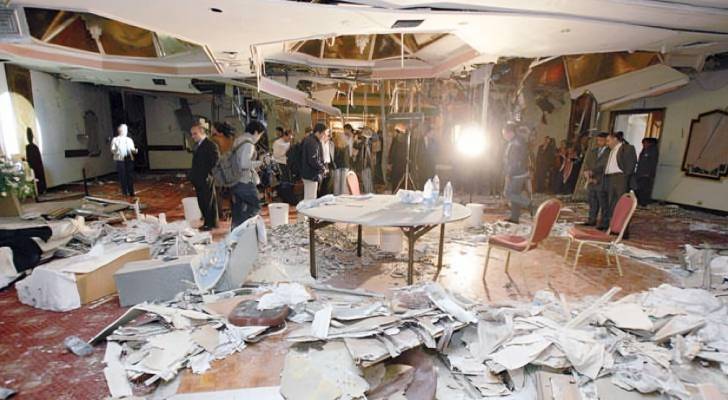
Jordan today marks the 20th anniversary of the Amman Hotel Bombings, a night known as "Black Wednesday."
On Nov. 9, 2005, terrorist suicide attacks struck the lobbies of the Radisson SAS, Grand Hyatt, and Days Inn hotels in the capital.
The attacks, later claimed by Al-Qaeda led by their leader -in Iraq- Abu Musab al-Zarqawi, resulted in the martyrdom of 56 people and injured more than 115, most of whom were Jordanians celebrating a wedding in one of the halls.
In the days that followed the catastrophe, Jordanians spontaneously held massive marches in the country’s streets, carrying banners condemning terrorism and affirming national cohesion.
On the 20th anniversary of the incident, government spokesman Mohammad Al-Momani said that Jordan's stance on counterterrorism "was not merely a reaction, but stems from its profound understanding of moderate Islam."
Al-Momani adds that from Jordan’s perspective, the war on terrorism was and remains "comprehensive": it is "security and military, and at the same time, intellectual."
The devastating attacks triggered a profound shift in Jordan’s approach to security.
Jordan significantly developed its intelligence capabilities. Specialized counterterrorism units were established, and international cooperation in information exchange with other countries and their security agencies increased.
The military effort was not limited to the domestic front; Jordan participated in any international or regional effort to combat extremism and terrorism, including operations against Daesh in Syria and Iraq.
Security agencies succeeded in thwarting many plots, as happened in 2018 when a plot to bomb commercial centers in Amman was foiled, and other plots, the latest of which was a plan in April 2025.
“Amman Message”
King Abdullah II launched the "Amman Message" one year after the attacks.
This document, signed by hundreds of Islamic scholars and translated into dozens of languages, provided a religious and intellectual foundation to discredit extremist discourse and promote moderate Islam, becoming a key reference worldwide.
King Abdullah II marks the 10th anniversary of the Amman bombings.
Latest News
-
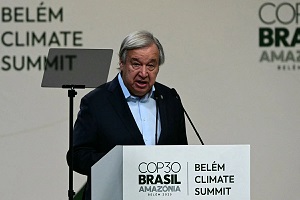 'We have failed' to keep warming under 1.5C, UN chief tells COP30
'We have failed' to keep warming under 1.5C, UN chief tells COP30
-
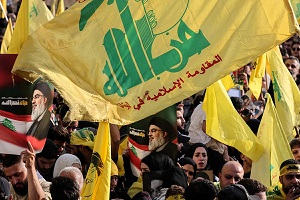 Hizbollah rejects any negotiations between Lebanon and Israel
Hizbollah rejects any negotiations between Lebanon and Israel
-
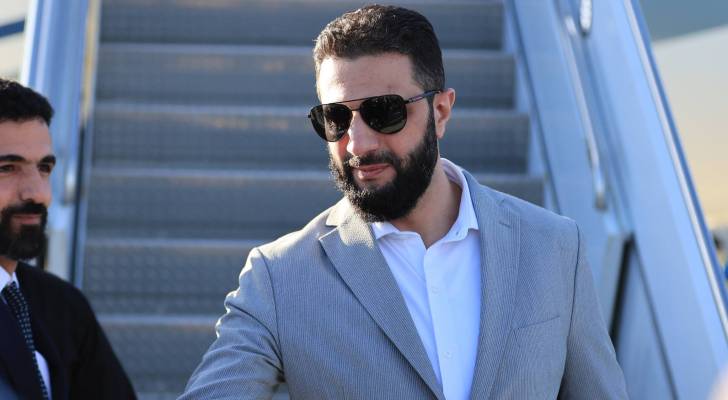 UK lifts sanctions on Syrian President Ahmed al-Sharaa
UK lifts sanctions on Syrian President Ahmed al-Sharaa
-
 King to start visit to Japan on Saturday, first stop on Asian working tour
King to start visit to Japan on Saturday, first stop on Asian working tour
-
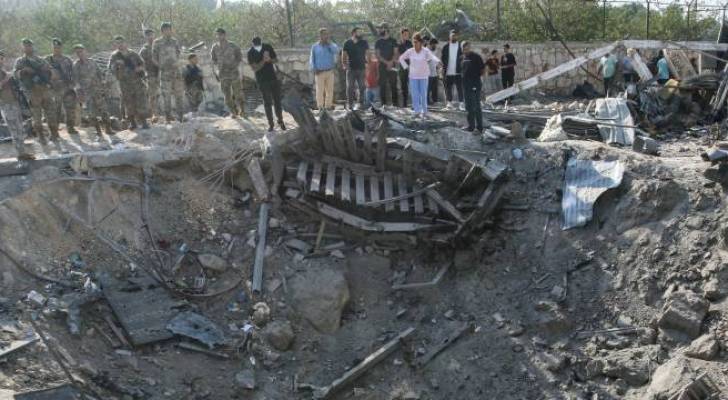 ‘Israeli’ army announces new wave of attacks on Lebanon
‘Israeli’ army announces new wave of attacks on Lebanon